As an inherited instinct, hunting is deeply rooted in human nature. Around the world in all cultures the urge to hunt awakens in boys. They use rocks, make weapons or sneak an air gun out of the house to kill a bird or small mammal. In many cases the predatory instinct appears spontaneously without previous experience or coaching, and in the civilized world boys often hunt despite attempts to suppress their instinct.
The fundamental instinct to hunt may link up with the spiritual. An analogy is falling in love, in which eros, the sexual instinct, connects with agape or spiritual love, a vertical convergence of lower with higher. Initiation on the path of love changes our life irreversibly. Henceforth, we shall know the meaning of authentic love experienced with the totality of our being.
Hunting is how we fall in love with nature. The basic instinct links up with the spiritual, and the result is that we become married to nature. Among outdoor pursuits, hunting and fishing connect us most profoundly with animals and nature. As Robert Bly said in his best-selling book, Iron John, only hunting expands us sideways, "into the glory of oaks, mountains, glaciers, horses, lions, grasses, waterfalls, deer.
" Hunting is a basic aspect of a boy's initiation into manhood. It teaches him the intelligence, beauty and power of nature. The young man also learns at a deep emotional level his inseparable relationship with nature as well as his responsibility to fiercely defend it.
Essentially, hunting is a spiritual experience precisely because it submerges us in nature, and that experience teaches us that we are participants in something far greater than ourselves. Ortega y Gasset, the Spanish philosopher, described the hunter as the alert man. He could not have said it better. When we hunt we experience extreme alertness to the point of an altered state of consciousness. For the hunter everything is alive, and he is one with the animal and its environment.
Though the hunter may appear from the outside to be a staunch egotist dominating nature, on the inside he is exactly the opposite. He identifies with the animal as his kin, and he feels, as Ortega said, tied through the earth to it. The conscious and deliberate humbling of the hunter to the level of the animal is virtually a religious rite.
While the hunt is exhilarating and unsurpassed in intrinsic rewards and emotional satisfactions, no hunter revels in the death of the animal. Hunters know from first-hand experience that "life lives on lives," as mythologist Joseph Campbell said. The hunter participates directly in the most fundamental processes of life, which is why the food chain is for him a love chain. And that is why hunters have been and still are, by far, the foremost conservationists of wildlife and wild places, to the benefit of everyone.
The power of the hunter’s mystical bond with the wild animal is measured by his unparalleled achievements in environmental conservation. For example, the 700,000 members of Ducks Unlimited have conserved over 12,000,000 acres of wetlands to the benefit of the entire living community of North America. The Rocky Mountain Elk Foundation has conserved over four million acres and successfully reestablished elk in the northeast and midwest U.S. There are more wild turkeys and deer in the U.S. than at any time in history. While other environmentalists are waging rear-guard actions, the hunting community is on the offensive.
Today, as for countless millennia, proper initiation to hunting engenders respect for all life, responsibility to society, even social authority, and spiritual empowerment. It develops authentic self-esteem, self-control, patience and personal knowledge of our place in the food chain. According to Dr. Don T. Jacobs, author of Teaching Virtues, "hunting is the ideal way to teach universal virtues," including humility, generosity, courage and fortitude. As I said in The Sacred Hunt, "Hunting teaches a person to think with his heart instead of his head. That is the secret of hunting.
" Consequently, the most successful programs ever conducted for delinquent boys have focused on hunting. The taking of a life that sustains us is a transformative experience. It's not a video game. Hunting is good medicine for bad kids because it is good medicine for all kids.
Hunting is a model for living. When we hunt, we discover that we are more than the ego. That our life consists of our ego in a mutually interdependent and transcendent relationship with nature. We keep returning to the field because for us hunting is a dynamic ritual that honors the animals and the earth on which we depend both physically and spiritually.
While interviewing Felix Ike, a Western Shoshone elder, I asked him, "What kind of country would this be if the majority of men in it had been properly initiated into hunting?" He replied, "It would be a totally different world."
In a world imperiled by egoism and disrespect for nature, hunting is morally good for men and women, boys and girls. Hunters understand the meaning in Lao Tzu's statement,
- The Earth is perfect,
- You cannot improve it.
- If you try to change it,
- You will ruin it.
- If you try to hold it,
- You will lose it.
Some aboriginal peoples believe that the Creator made us perfect, too, and that He made us to be hunters, dependent on nature and close to the earth. Like Narcissus, civilized humanity has fallen in love with itself and turned its back on its hunting companions and its animal kin. Beware the teaching of the ages summarized in this admonition from Loren Eiseley, "Do not forget your brethren, nor the green wood from which you sprang. To do so is to invite disaster.
" We are the tribe of wild men and women whose hearts hold the promise for recovery of proper relationship to the animals and earth. If we should lose hunting a far greater disaster will befall nature, society and the human spirit.
This is an article form of a presentation delivered by Dr. Randall Eaton delivered to the CIC conference in Slovenia. I think it is a very relevant presentation with which to direct those of you, who may be unfamiliar, to 2 very worthy organisations who work tirelessly to support our rights to hunt. Please take time to visit their respective websites, join the associations or perhaps merely donate to help their work.
Please visit Conservation Force and CIC




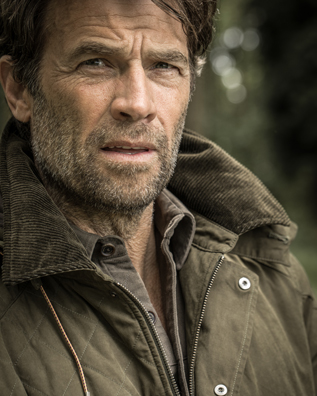
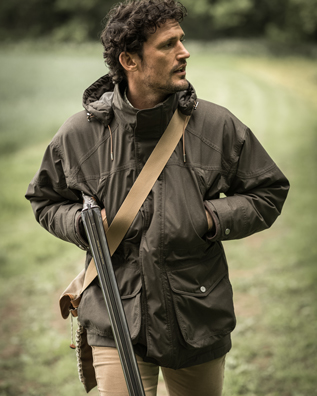
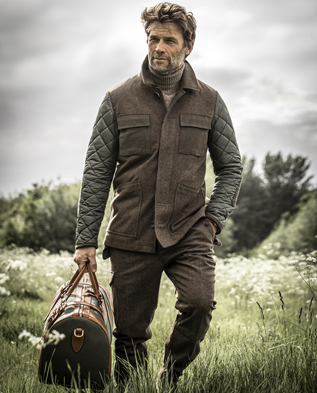
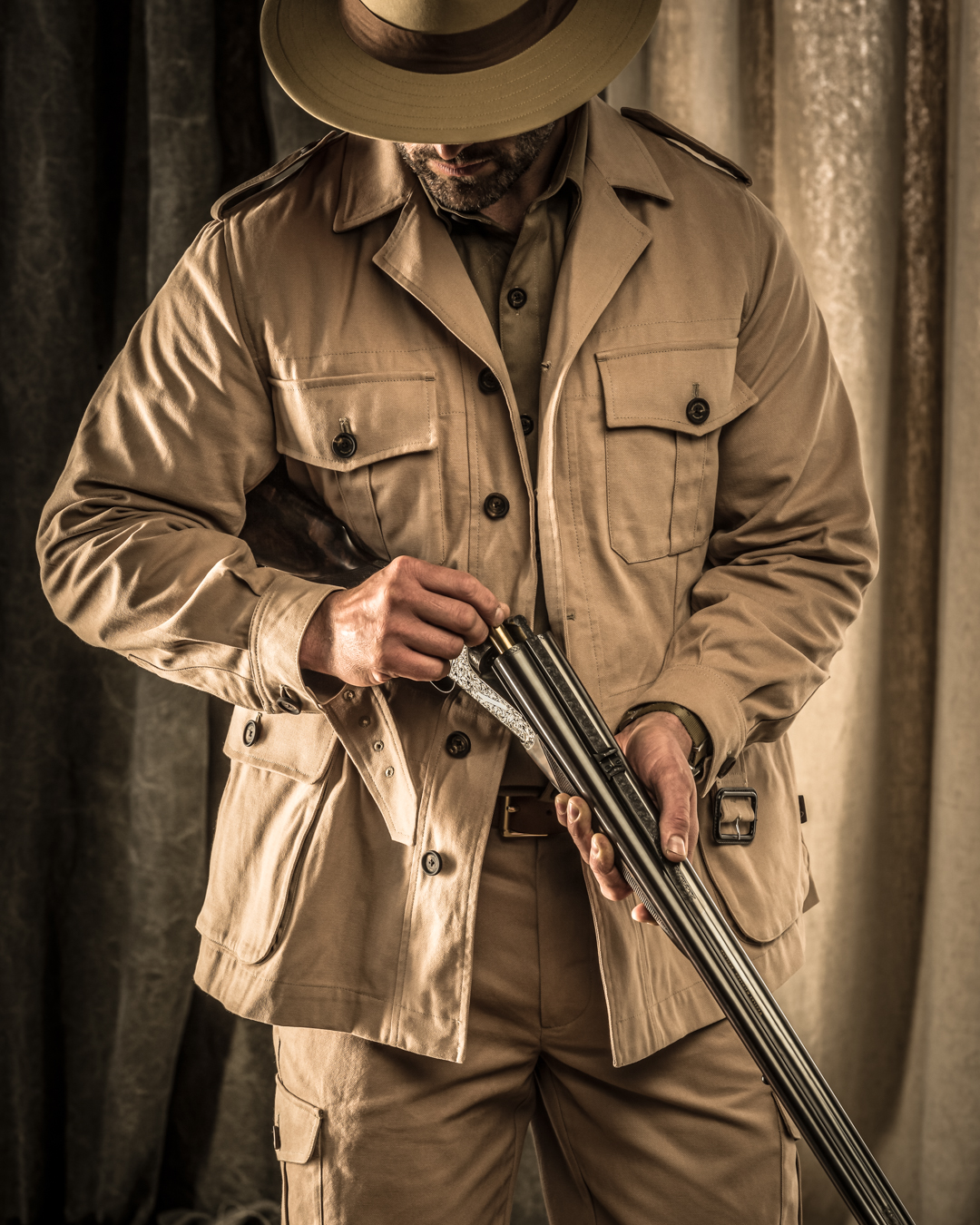
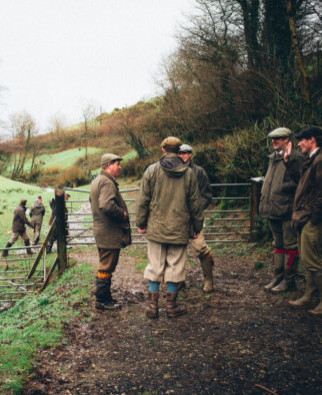
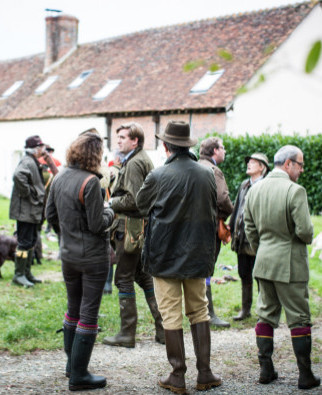
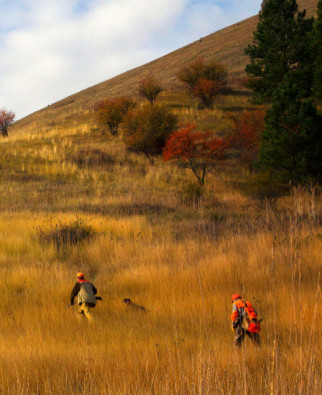
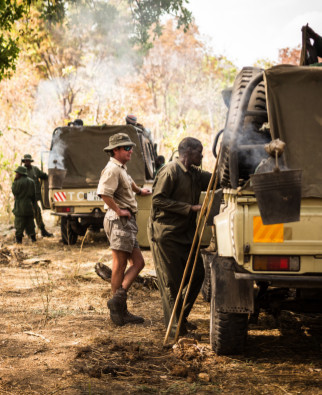
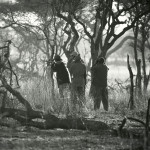
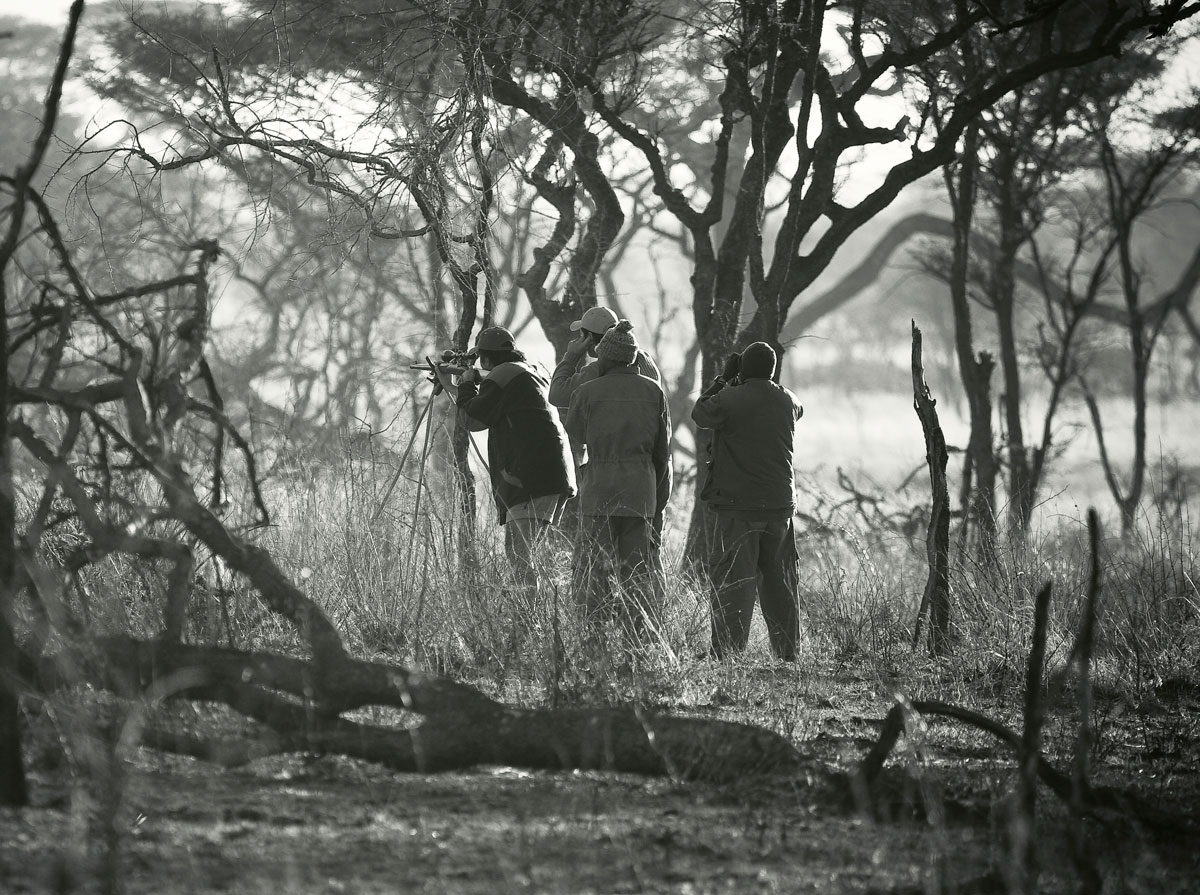
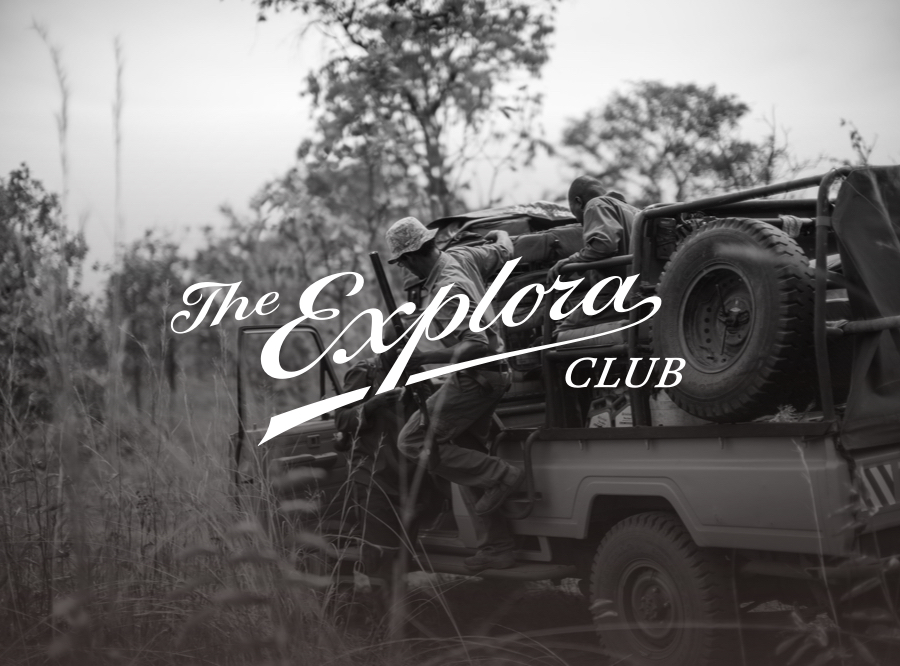


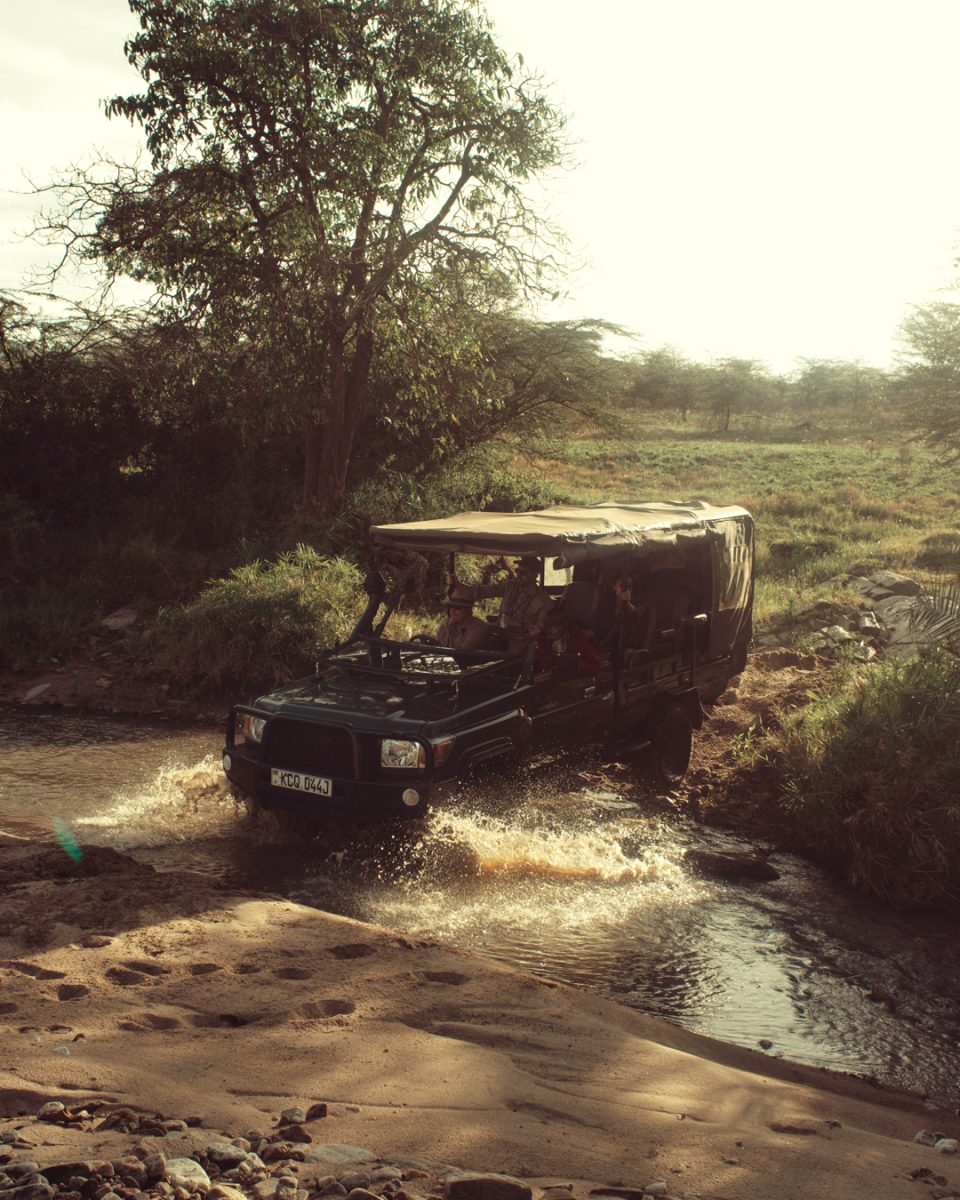


Keith Fahl on October 18, 2013 at 10:07 am
Simon,
This is excellent. Thank you for sharing. I will forward it on.
Keith
MAGs! on October 19, 2013 at 11:01 am
Profound stuff ! ....books on these subjects should be on every person's ' curriculum ' for this Earth to have even half a chance !